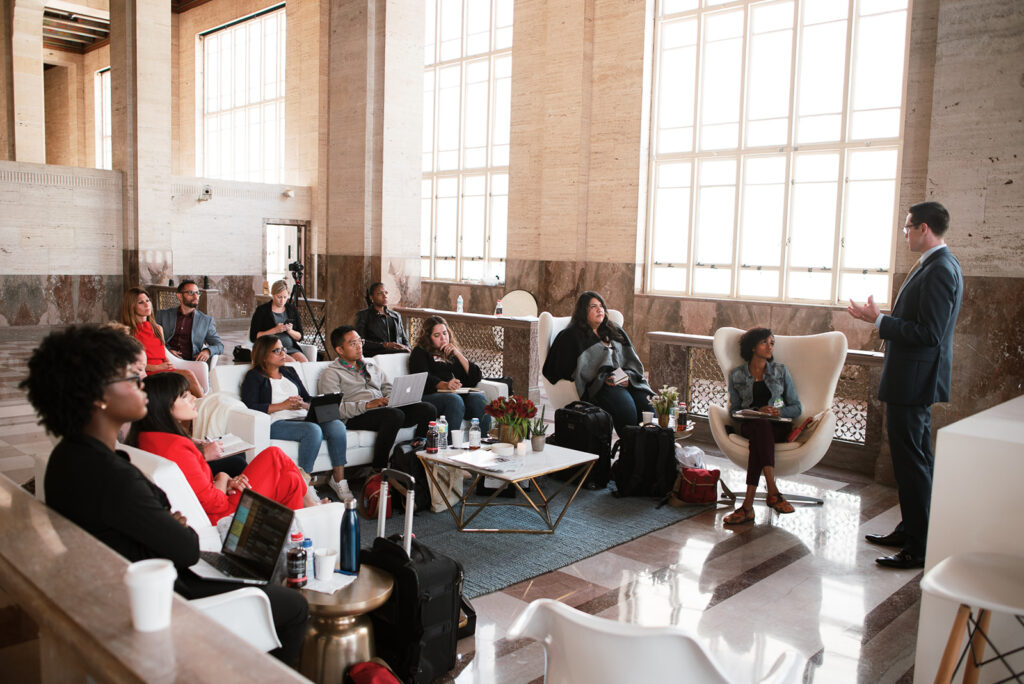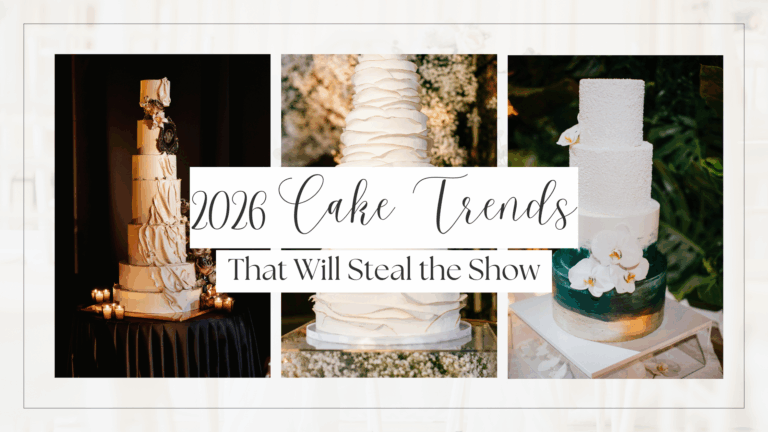
Planning a successful event requires meticulous attention to detail, and one of the most critical decisions you’ll make is choosing the right venue. The perfect venue sets the stage for a seamless event that leaves a lasting impression on your attendees. To help you in your quest for the ideal venue, we’ve compiled this essential guide with key factors to consider during your search.
1. Define Your Conference or Workshop Needs:
Before you start scouting for venues, clearly outline the requirements of your conference. Consider factors such as the event’s theme, the number of attendees, budget limitations, preferred dates, and the duration of the conference or workshop. Identifying these elements from the outset will help you narrow down your options and ensure that the venue aligns with your event’s vision.
2. Location Matters:
Selecting the right location is paramount to the success of your event. Evaluate the accessibility and proximity of the venue to major transportation hubs, such as airports, train stations, and public transportation. Additionally, consider whether the venue is situated near accommodation options, restaurants, and entertainment venues, as these factors can significantly impact attendees’ overall experience.
3. Capacity and Layout:
The size of the venue should match the number of expected attendees. Choose a venue with enough space to comfortably accommodate all guests while allowing for networking areas, breakout rooms, and exhibition spaces if needed. Additionally, pay attention to the venue’s layout; it should be conducive to the flow of the conference, with ample space for presentations, Q&A sessions, and group activities.

4. Technological Infrastructure:
In today’s digital age, a reliable technological infrastructure is indispensable for a successful conference. Ensure that the venue offers state-of-the-art audio-visual equipment, high-speed internet connectivity, and technical support throughout the event. Test the equipment beforehand to avoid any last-minute glitches that could disrupt your conference.
5. Ambiance and Aesthetics:
The ambiance of the venue sets the tone for your conference. Consider the interior design, decor, and lighting to ensure they complement your event’s theme and create a conducive environment for networking and learning. Venues with large windows that allow natural light can add a positive touch to the overall atmosphere.
6. Services and Amenities:
Check what services and amenities the venue provides. Is there an in-house catering team? Are there sufficient restroom facilities? Is parking available for both attendees and speakers? Assess whether the venue can meet all your needs or if you need to arrange additional services externally.
7. Budget Considerations:
Staying within budget is crucial, so inquire about the venue’s pricing structure and payment terms early in the process. Be transparent about your budget constraints, and negotiate where possible to get the best deal. Keep in mind that some venues may offer package deals or discounts for off-peak seasons, which could be advantageous for your budget.
8. Reputation and Reviews:
Before finalizing a venue, conduct thorough research on its reputation and read reviews from past clients. Check online resources and social media platforms for testimonials or feedback to gauge the venue’s track record. A reputable venue with positive reviews can offer you peace of mind and confidence in your choice.
9. Flexibility and Responsiveness:
Choose a venue that is flexible and accommodating to your specific needs. They should be responsive to your inquiries and proactive in addressing any concerns you may have. Open communication with the venue staff is essential for ensuring that everything runs smoothly leading up to and during the conference.
10. Visit the Venue in Person:
After shortlisting potential venues, schedule site visits to get a firsthand feel for the space. This allows you to envision how your conference will unfold and assess if it aligns with your requirements. Pay attention to details like acoustics, ventilation, and overall comfort, as these elements can significantly impact attendees’ experience.
Selecting the right venue for your conference or workshop is a pivotal decision that can make or break your event’s success. By defining your conference needs, considering location, capacity, technology, ambiance, and amenities, while also staying within budget and researching the venue’s reputation, you can confidently choose the ideal space to host a memorable and impactful conference. The Historic Alfred I. duPont Building in Miami is a conference venue that sets the stage for a truly exceptional event that leaves your attendees inspired and eager for more.
Happy planning!








